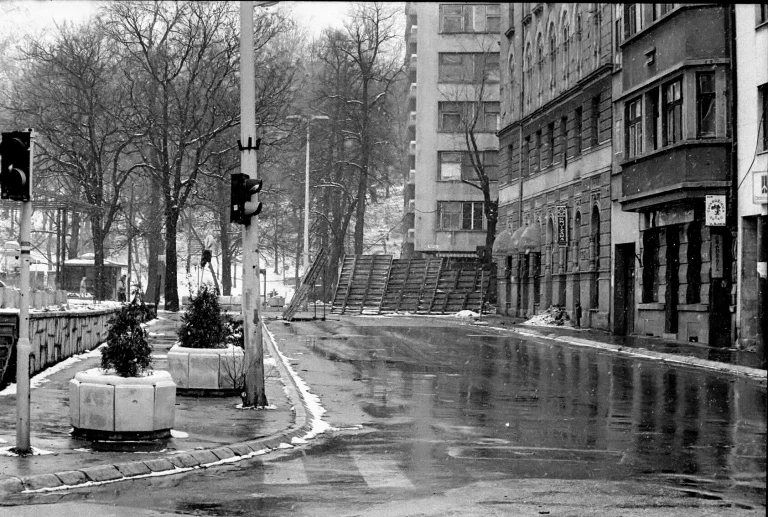International Israeli Occupying Forces Volunteers: Today’s ‘Sniper Tourists’
“I think those are bullet holes.”
Those were the first words I muttered to my classmate on the bus into Sarajevo, Bosnia, during a brief visit in 2019. We had flown in from Frankfurt, Germany, as part of a study abroad program researching the interactions between the European Union (EU) and the post-Yugoslav and post-Soviet spheres. The program, as we quickly learned, amounted more to a lesson in how the German-dominated EU exploited the people of former communist projects for its own economic gain. Still, in the moment, all we could think of was how beautiful and, at the same time, damaged the city we were entering truly was.













